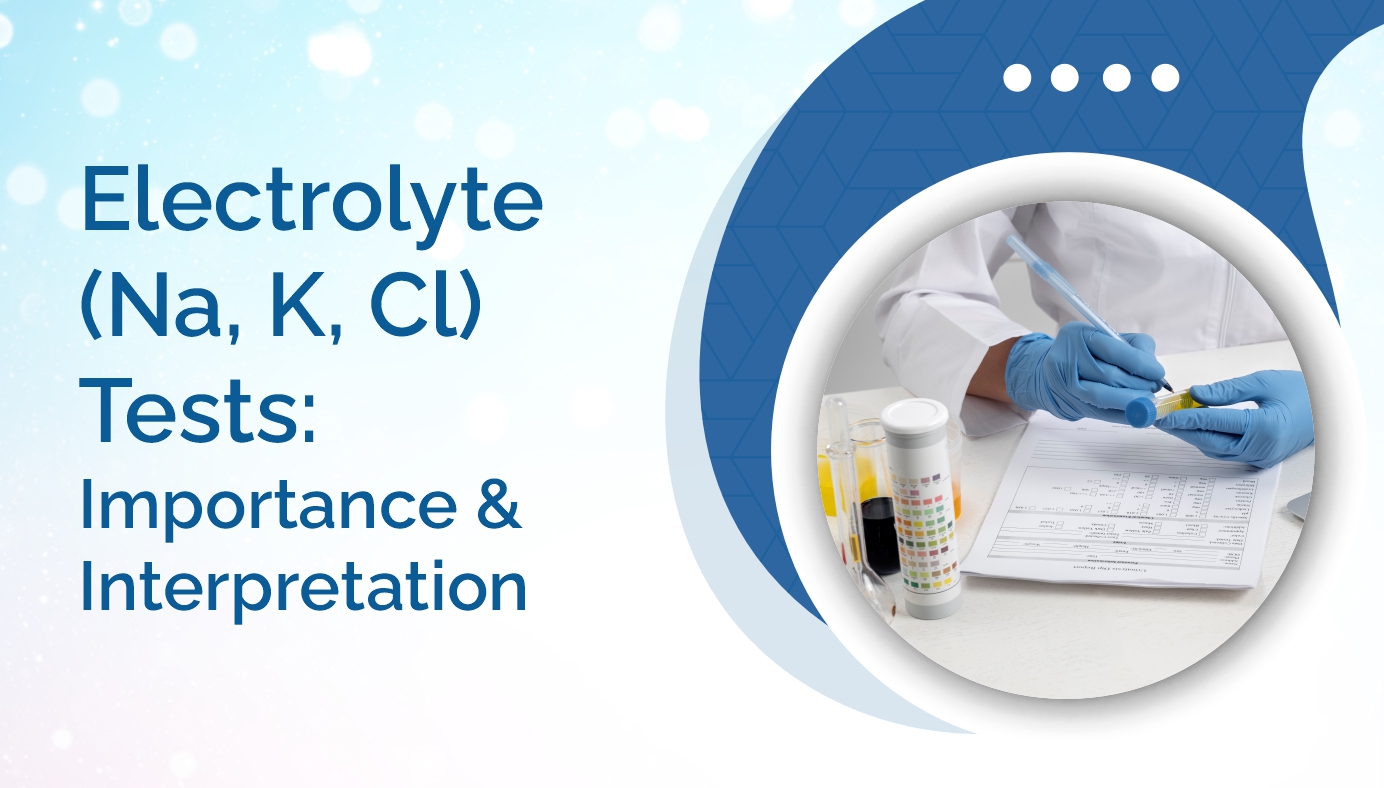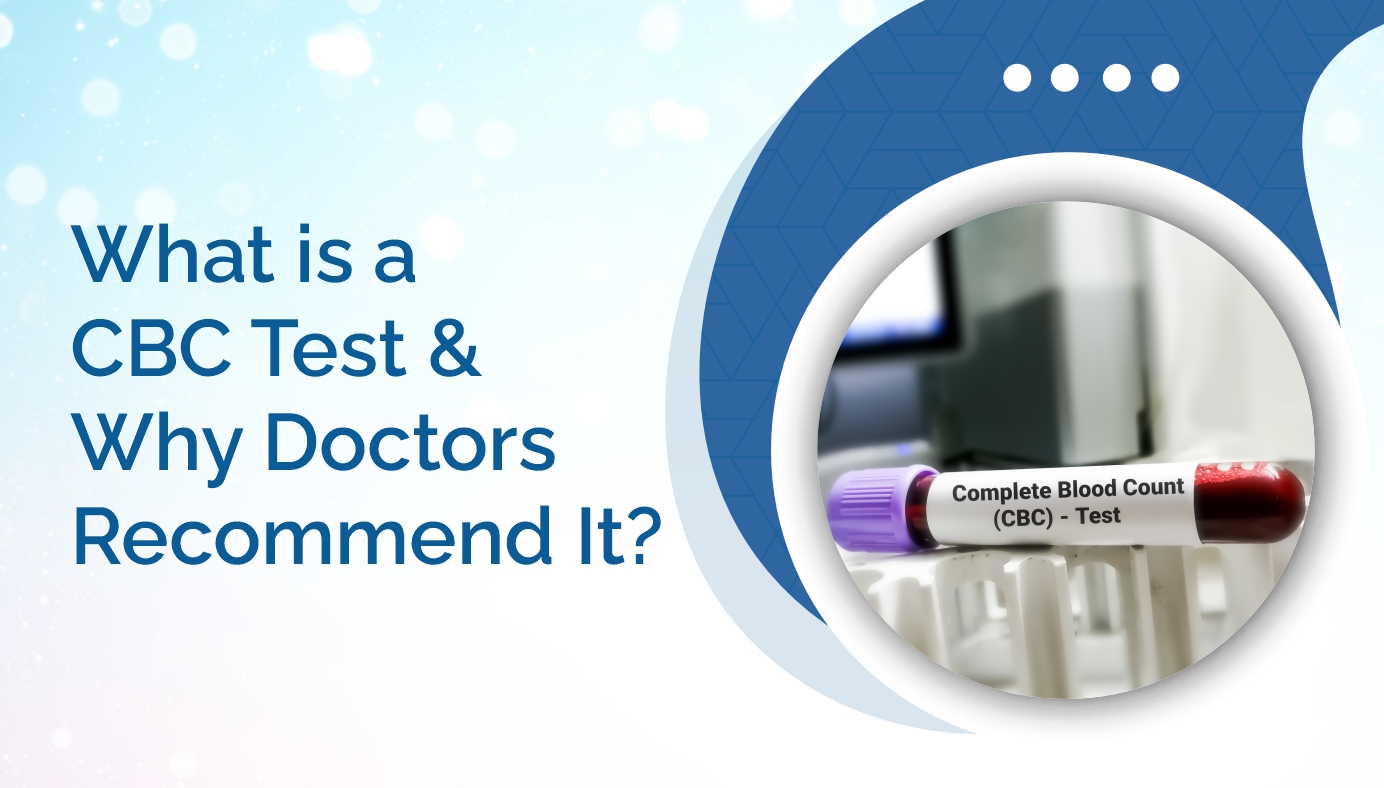


Condition
- Lifestyle Packages
- Lifestyle Packages
- Diabetes
- Diabetes
- Top tests
- Lifestyle Packages
- Top tests
- Top tests
- Lifestyle Packages
- Top tests
- Top tests
- Top tests
- Lifestyle Packages
- Infectious
- Preventive Health Checkup
- Diabetes
- Diabetes
- Preventive Health Checkup
- Top tests
- Top tests
- Heart Disease & Hypertension
- Lifestyle Packages
- Preventive Health Checkup
- Diabetes
- Diabetes
- Preventive Health Checkup
- Preventive Health Checkup
- Top tests
- Lifestyle Packages
- Diabetes
- Preventive Health Checkup
- Top tests
- Lifestyle Packages
- Diabetes
- Diabetes
- Diabetes
- Diabetes
- Diabetes
- Diabetes
- Preventive Health Checkup
- Preventive Health Checkup
- Diabetes
- Preventive Health Checkup
- Preventive Health Checkup
- Genomics
- Others
- Others
- Others
- Preventive Health Checkup
- Pulmonary / Infectious
- Diabetes
- Diabetes
- Others
- Preventive Health Checkup
- Others
- Preventive Health Checkup
- Top tests
- Others
- Genetics
- Others
- Gastrointestinal / Skeletomuscular
- Gastrointestinal / Skeletomuscular
- Others
- Others
- Others
- Others
- Others
- Others
- Others
- Others
- Others
- Others
- Others
- Others
- Others
- Others
- Others
- Others
- Others
- Others
- Others
- Others
- Others
- Others
- Others
- Others
- Others
- Others
- Others
- Others
- Others
- Others
- Others
- Others
- Others
- Others
- Others
- Others
- Others
- Others
- Others
- Others
- Others
- Others
- Others
- Others
- Others
- Others
- Others
- Others
- Others
- Others
- Others
- Others
- Others
- Others
- Others
- Others
- Others
- Others
- Others
- Others
- Others
- Others
- Others
- Others
- Others
- Others
- Top tests
- Top tests
- Top tests
- Top tests
- Top tests
- Top tests
- Top tests
- Top tests
- Top tests
- Preventive Health Checkup
- Top tests
- Top tests
- Top tests
- Top tests
- Blood Banking & Transfusion
- Lifestyle Packages
- Blood Banking & Transfusion
- Blood Banking & Transfusion
- Top tests
- Top tests
- Lifestyle Packages
- Diabetes
- Blood Banking & Transfusion
- Blood Banking & Transfusion
- Blood Banking & Transfusion
- Blood Banking & Transfusion
- Blood Banking & Transfusion
- Others
- Others
- Others
- Others
- Blood Banking & Transfusion
- Blood Banking & Transfusion
- Blood Banking & Transfusion
- Blood Banking & Transfusion
- Vitamin Deficiency
- Vitamin Deficiency
- Vitamin Deficiency
- Vitamin Deficiency
- Vitamin Deficiency
- Blood Banking & Transfusion
- Blood Banking & Transfusion
- Blood Banking & Transfusion
- Blood Banking & Transfusion
- Diabetes
- Diabetes
- Heart Disease & Hypertension
- Preventive Health Checkup
- Diabetes
- Preventive Health Checkup
- Preventive Health Checkup
- Diabetes
- Diabetes
- Heart Disease & Hypertension
- Top tests
- Heart Disease & Hypertension
- Diabetes
- Top tests
- Diabetes
- Heart Disease & Hypertension
- Lifestyle Packages
- Heart Disease & Hypertension
- Lifestyle Packages
- Heart Disease & Hypertension
- Heart Disease & Hypertension
- Lifestyle Packages
- Preventive Health Checkup
- Preventive Health Checkup
- Top tests
- Preventive Health Checkup
- Heart Disease & Hypertension
- Heart Disease & Hypertension
- Heart Disease & Hypertension
- Top tests
- Top tests
- Lifestyle Packages
- Heart Disease & Hypertension
- Heart Disease & Hypertension
- Top tests
- Heart Disease & Hypertension
- Preventive Health Checkup
- Diabetes
- Lifestyle Packages
- Heart Disease & Hypertension
- Top tests
- Heart Disease & Hypertension
- Heart Disease & Hypertension
- Diabetes
- Lifestyle Packages
- Preventive Health Checkup
- Diabetes
- Top tests
- Diabetes
- Allergy
- Heart Disease & Hypertension
- Diabetes
- Heart Disease & Hypertension
- Diabetes
- Lifestyle Packages
- Lifestyle Packages
- Top tests
- Preventive Health Checkup
- Lifestyle Packages
- Preventive Health Checkup
- Preventive Health Checkup
- Diabetes
- Top tests
- Heart Disease & Hypertension
- Preventive Health Checkup
- Top tests
- Heart Disease & Hypertension
- Lifestyle Packages
- Lifestyle Packages
- Diabetes
- Preventive Health Checkup
- Top tests
- Diabetes
- Top tests
- Preventive Health Checkup
- Preventive Health Checkup
- Preventive Health Checkup
- Diabetes
- Lifestyle Packages
- Lifestyle Packages
- Heart Disease & Hypertension
- Lifestyle Packages
- Heart Disease & Hypertension
- Lifestyle Packages
- Preventive Health Checkup
- Preventive Health Checkup
- Preventive Health Checkup
- Lifestyle Packages
- Top tests
- Lifestyle Packages
- Top tests
- Lifestyle Packages
- Top tests
- Diabetes
- Diabetes
- Others
- Blood Disorders
- Top tests
- Others
- Others
- Others
- Fever
- Fever
- Blood Disorders
- Blood Disorders
- Preventive Health Checkup
- Preventive Health Checkup
- Profile
- Kidney Disease
- Kidney Disease
- Diabetes
- Diabetes
- Heart Disease & Hypertension
- Preventive Health Checkup
- Lifestyle Packages
- Thyroid Disorder
- Diabetes
- Diabetes
- Diabetes
- Diabetes
- Diabetes
- Diabetes
- Diabetes
- Top tests
- Allergy
- Top tests
- Top tests
- Top tests
- Top tests
- Diabetes
- Top tests
- Diabetes
- Top tests
- Top tests
- Top tests
- Liver Disease
- Diabetes
- Top tests
- Vitamin Deficiency
- Top tests
- Top tests
- Liver Disease
- Top tests
- Top tests
- Top tests
- Anemia
- Anemia
- Anemia
- Diabetes
- Diabetes
- Anemia
- Top tests
- Top tests
- Top tests
- Preventive Health Checkup
- Thyroid Disorder
- Heart Disease & Hypertension
- Top tests
- Preventive Health Checkup
- Diabetes
- Heart Disease & Hypertension
- Top tests
- Fever
- Allergy
- Liver Disease
- Lifestyle Packages
- Heart Disease & Hypertension
- Top tests
- Arthritis
- Top tests
- Top tests
- Heart Disease & Hypertension
- Kidney Disease
- Preventive Health Checkup
- Allergy
- Top tests
- Lifestyle Packages
- Top tests
- Kidney Disease
- Top tests
- Lifestyle Packages
- Top tests
- Preventive Health Checkup
- Preventive Health Checkup
- Top tests
- Top tests
- Vitamin Deficiency
- Allergy
- Diabetes
- Top tests
- Top tests
- Top tests
- Top tests
- Heart Disease & Hypertension
- Allergy
- Top tests
- Preventive Health Checkup
- Top tests
- Top tests
- Infertility
- Top tests
- Lifestyle Packages
- Allergy
- Diabetes
- Heart Disease & Hypertension
- Lifestyle Packages
- Preventive Health Checkup
- Preventive Health Checkup
- Top tests
- Preventive Health Checkup
- Top tests
- Diabetes
- Top tests
- Infertility
- Top tests
- Thyroid Disorder
- Top tests
- Allergy
- Preventive Health Checkup
- Vitamin Deficiency
- Top tests
- Top tests
- Infertility
- Lifestyle Packages
- Diabetes
- Liver Disease
- Kidney Disease
- Vitamin Deficiency
- Top tests
- Heart Disease & Hypertension
- Heart Disease & Hypertension
- Top tests
- Heart Disease & Hypertension
- Heart Disease & Hypertension
- Heart Disease & Hypertension
- Infertility
- Heart Disease & Hypertension
- Vitamin Deficiency
- Vitamin Deficiency
- Arthritis
- Arthritis
- Top tests
- Top tests
- Lifestyle Packages
- Preventive Health Checkup
- Lifestyle Packages
- Preventive Health Checkup
- Vitamin Deficiency
- Top tests
- Lifestyle Packages
- Lifestyle Packages
- Preventive Health Checkup
- Top tests
- Preventive Health Checkup
- Top tests
- Heart Disease & Hypertension
- Infertility
- Top tests
- Top tests
- Preventive Health Checkup
- Lifestyle Packages
- Top tests
- PCOD
- Preventive Health Checkup
- Lifestyle Packages
- Preventive Health Checkup
- Top tests
- Fever
- PCOD
- Kidney Disease
- Top tests
- Top tests
- Preventive Health Checkup
- Preventive Health Checkup
- Liver Disease
- Thyroid Disorder
- Top tests
- Heart Disease & Hypertension
- PCOD
- Top tests
- Arthritis
- Preventive Health Checkup
- Kidney Disease
- Lifestyle Packages
- Top tests
- Allergy
- Top tests
- Top tests
- Diabetes
- Thyroid Disorder
- Preventive Health Checkup
- Top tests
- Lifestyle Packages
- Preventive Health Checkup
- Top tests
- Kidney Disease
- Liver Disease
- Infertility
- Top tests
- Anemia
- Top tests
- Top tests
- Top tests
- Preventive Health Checkup
- Bone Health
- Cancer
- Fatty Liver

Tests
Regular health check-ups are part of an empowered life. One of the most crucial yet often overlooked aspects of women's health is the Pap smear test. This simple procedure can be a game-changer in detecting and preventing cervical cancer, yet many women remain uncertain or anxious about it. Here, we'll demystify the Pap smear test for you, highlighting its importance and guiding you through everything you need to know to prioritize your cervical health.
Understanding Cervical Health
Cervical health is essential for all women. The cervix, a small passage at the lower part of the uterus, plays a significant role in reproductive health. Maintaining its well-being can prevent numerous complications, including cancer. Regular screenings and a healthy lifestyle contribute significantly to keeping your cervix in top shape.
Importance of Regular Screenings
Frequent screenings help in early detection. Cervical cancer often shows no symptoms in its initial stages, making regular Pap smears crucial. Early detection leads to better treatment outcomes, making it vital for every woman to stay updated with her screenings.
Lifestyle Factors That Affect Cervical Health
Your lifestyle choices have a direct impact on cervical health. Smoking, for instance, has been linked to an increased risk of cervical cancer. Similarly, a diet rich in fruits and vegetables can bolster your immune system, offering protection against HPV, the virus responsible for most cervical cancers.
Signs and Symptoms to Watch For
While early stages are asymptomatic, advanced cervical cancer may present symptoms like abnormal bleeding, pain during intercourse, and pelvic pain. Awareness of these signs can prompt timely medical consultation, potentially saving lives.
What is a Pap Smear Test?
A Pap smear, also known as a Pap test, is a procedure to test for cervical cancer in women. It involves collecting cells from your cervix to look for abnormalities. These abnormalities, if detected early, can be treated before they develop into cancer.
How the Test is Conducted
During a Pap smear, a healthcare provider gently scrapes cells from the cervix using a small brush. These cells are then examined under a microscope to check for any abnormalities. The process is quick, usually lasting only a few minutes, and is generally painless.
The Role of HPV in Cervical Cancer
Human Papillomavirus (HPV) is a common sexually transmitted infection that can cause cervical cancer. The Pap smear test can detect HPV-related changes in cervical cells, making it a critical tool in preventing cervical cancer.
Scheduling Your Test
The best time for a Pap smear is when you're not menstruating. Aim to schedule your test at least 24 hours after your period has ended. Also, avoid intercourse, douching, and vaginal medications for two days before the test.
Tips for Reducing Discomfort
To minimize discomfort, try to relax your pelvic muscles. Deep breathing exercises can help. Communicate with your healthcare provider about any concerns or discomfort you may feel during the test.
Interpreting Your Pap Smear Results
Results from a Pap smear can take a few days to weeks. Understanding what these results mean is essential for your peace of mind and next steps in care.
Understanding Normal Results
A normal result means no abnormal cells were detected. This is a positive outcome, indicating good cervical health. However, regular screenings should continue as recommended by your healthcare provider.
What Abnormal Results Mean
An abnormal result doesn't necessarily mean cancer. It could indicate inflammation, infection, or pre-cancerous cells. Your healthcare provider may recommend further testing or a repeat Pap smear to monitor the situation.
Follow-up Steps After Abnormal Results
If you receive abnormal results, don't panic. Further tests like a colposcopy or HPV test may be needed. These procedures help to understand the nature of the abnormal cells and determine the best course of action.
The Importance of Regular Pap Smears
Regular Pap smears are a proactive measure in maintaining cervical health. They play a crucial role in early detection and prevention of cervical cancer.
Recommended Frequency for Screenings
For most women, it's recommended to start Pap smears at age 21 and continue every three years. Women aged 30 and older can opt for a Pap smear every five years if combined with HPV testing. Your healthcare provider can tailor recommendations based on your health history.
Age-Specific Considerations
Younger women are generally at lower risk for cervical cancer but should still adhere to screening guidelines. For women over 65, with a history of normal results, screenings may no longer be necessary. Discuss your specific needs with your healthcare provider.
Benefits Beyond Cancer Prevention
Regular Pap smears can detect other issues like infections and inflammation. Early treatment of these conditions can prevent complications and promote overall reproductive health.
Debunking Myths About Pap Smears
Despite their importance, many myths surround Pap smears. Let's debunk some of them to clear any misconceptions.
Myth 1: Pap Smears are Painful
The test is typically quick and causes minimal discomfort. Most women describe it as a little uncomfortable but not painful. Relaxation and communication with your provider can make the process smoother.
Myth 2: Only Older Women Need Pap Smears
Women should start getting Pap smears at age 21, regardless of sexual activity. Regular screenings are essential for detecting changes that could lead to cervical cancer.
Myth 3: Once You Have Normal Results, You Can Stop
Even with normal results, regular screenings are crucial. Cervical changes can occur over time, so continuous monitoring is necessary to maintain good health.
Encouraging Others to Get Screened
Spread awareness among your friends and family about the importance of cervical health screenings. Encouraging others to get regular Pap smears can contribute to early detection and prevention of cervical cancer.
Conclusion
Cervical health is a vital aspect of women's overall well-being. Regular Pap smear tests are a simple yet powerful tool in the fight against cervical cancer. By understanding the importance of these screenings and staying proactive about your health, you can ensure a healthier future for yourself and those you care about. If you have any questions or need further guidance, don't hesitate to reach out to a healthcare professional. Take charge of your health today and prioritize regular Pap smears for a lifetime of wellness.
WANT TO BOOK HEALTH CHECKUP ?
Categories
Lifestyle Packages
43
Diabetes
56
Top tests
111
Infectious
1
Preventive Health Checkup
59
Heart Disease & Hypertension
38
Genomics
1
Others
81
Pulmonary / Infectious
1
Genetics
1
Gastrointestinal / Skeletomuscular
2
Blood Banking & Transfusion
16
Vitamin Deficiency
12
Allergy
9
Blood Disorders
3
Fever
4
Profile
1
Kidney Disease
8
Thyroid Disorder
5
Liver Disease
6
Anemia
5
Arthritis
4
Infertility
6
PCOD
3
Bone Health
1
Cancer
1
Fatty Liver
1
Recent Blogs
Electrolyte (Na, K, Cl) Tests: Importance and Interpretation
The human body is a complex biological system that relies on a delicate balance of chemicals...
27-01-2026
What Is a CBC Test and Why Doctors Recommend It
A CBC is often the first step in diagnosing a broad spectrum of medical conditions, ranging...
27-01-2026
Signs Your Body Is Deficient in Essential Vitamins
The human body is a complex biological machine that requires a specific balance of nutrients...
27-01-2026







